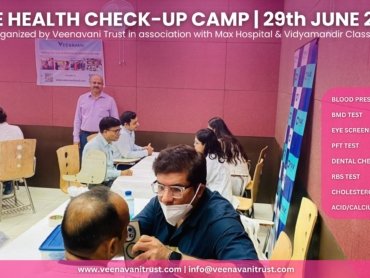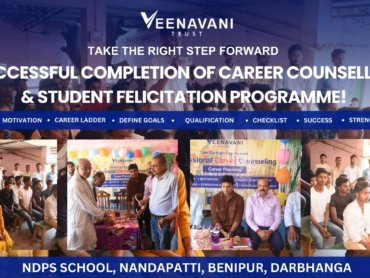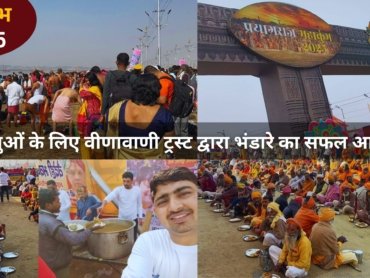women empowerment
“Empowering Women, Inspiring Change”
“Empowering women in rural Indian villages to overcome discrimination, isolation, and poverty. Veenavani Trust NGO supports widowed, divorced, and unmarried women, inspiring change and fostering independence through our dedicated initiatives.”
Overview
Widowed, divorced, or unmarried women in rural Indian villages face discrimination, isolation and poverty. This impacts their mental and physical health, participation in community life, and ability to earn an income. Widows face additional negative social stigma as they are considered bad luck. The Veenavani Projects is committed to ensuring that these women and their children thrive.
The project supports over 2000 single women in rural villages of Tamil Nadu. Thanks to our implementing partner in India, Integrated Development Trust, participants have a space to come together, share their stories, and form supportive relationships across more than 100 Single Women’s Groups.The groups meet monthly for practical training in:
- Learning skills to generate an income, such as financial management, tailoring and farming;
- Applying for interest free rolling loans through the program to start small businesses;
- Education on legal rights and access to free legal aid.
Single women are assisted to access government support schemes including widow’s pensions and disability pensions. Through the program, many women learn to sign their name which is required on government forms.
The Single Women’s Groups came together to form the Federation of Women’s Groups in 2018, a state-wide network across Tamil Nadu. The Federation of Women’s Groups is independent and advocates for the rights of women. Members participate in training sessions on gender rights, create petitions, and establish people’s banks. This has resulted in an increase in the number of women with the knowledge and skills to create positive change in their communities.
The challenge
Women’s Empowerment perspectives will be included in designing and implementing macro-economic and social policies by institutionalizing their participation in such processes. Their contribution to socio-economic development as producers and workers will be recognized in the formal and informal sectors (including home based workers) and appropriate policies relating to employment and to her working conditions will be drawn up. Such measures could include:
Reinterpretation and redefinition of conventional concepts of work wherever necessary e.g. in the Census records, to reflect women’s contribution as producers and workers.
Strategic approach
Equal access to education for women empowerment and girls will be ensured. Special measures will be taken to eliminate discrimination, universalize education, eradicate illiteracy, create a gender-sensitive educational system, increase enrolment and retention rates of girls and improve the quality of education to facilitate life-long learning as well as development of occupation/vocation/technicalskills by women. Reducing the gender gap in secondary and higher education would be a focus area. Sectorial time targets in existing policies will be achieved, with a special focus on girls and women, particularly those belonging to weaker sections including the Scheduled Castes/Scheduled Tribes/Other Backward Classes/Minorities. Gender sensitive curricula would be developed at all levels of educational system in order to address sex stereotyping as one of the
causes of gender discrimination.




